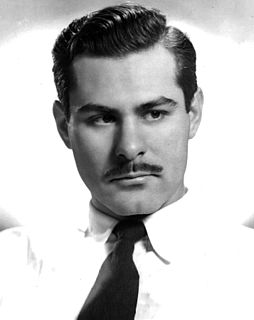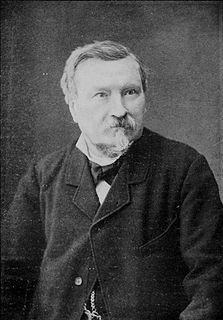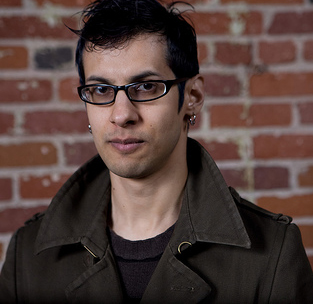A Quote by Varg Vikernes
I think the growing disregard for the environment, culture, and heritage is a natural consequence of capitalism.
Quote Topics
Related Quotes
Can we disregard the growing phenomenon of "environmental refugees", people who are forced by the degradation of their natural habitat to forsake it - and often their possessions as well - in order to face the dangers and uncertainties of forced displacement? Can we remain impassive in the face of actual and potential conflicts involving access to natural resources? All these are issues with a profound impact on the exercise of human rights, such as the right to life, food, health and development.
Capitalism can never pursue deterritorialization to the absolute. What deterritorialization there is within capitalism is always balanced by a compensatory lockdown onto nation, culture, and race. Hence the 'Steampunk' quality of capitalism, where the most ancient traditions can co-exist with the ultramodern.
People think what's in the US today is capitalism. It's not even close to capitalism. Capitalism doesn't have a central bank, capitalism doesn't have taxes, it doesn't have regulations; capitalism is just voluntary transactions. What they have in the US today I call crapitalism. But it's sad that so many people are confused and they think, 'Oh that's free markets in the US', when it's one of the least free market countries on earth.




































